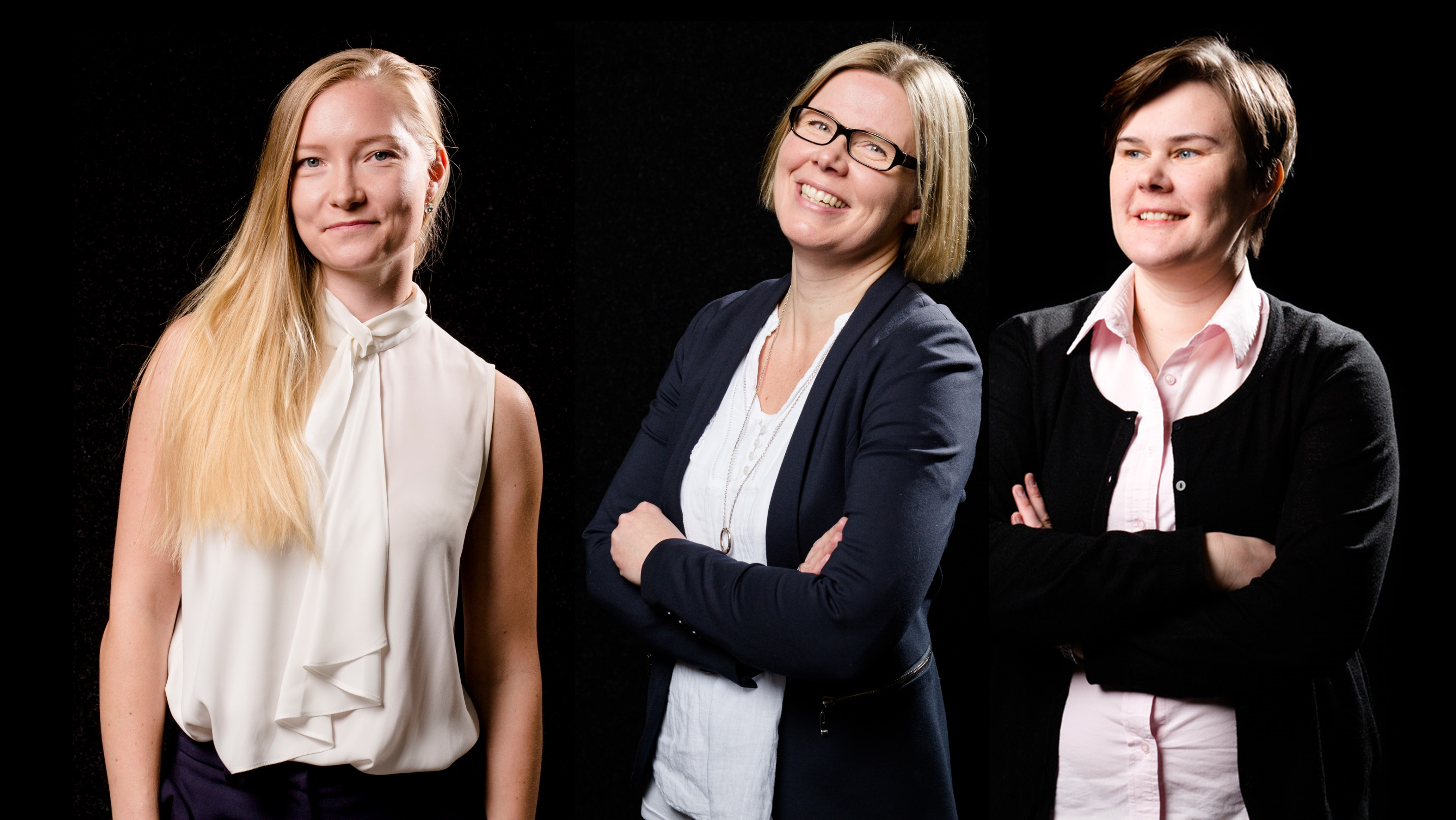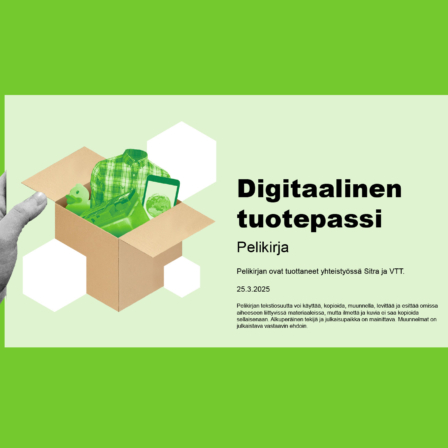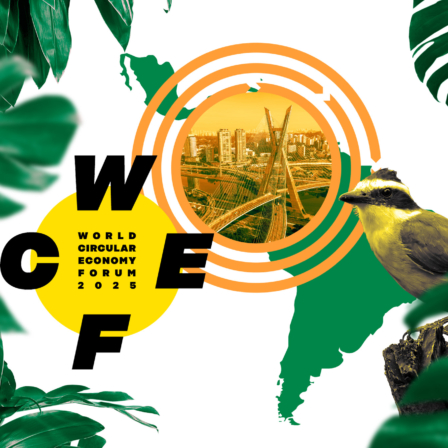In a circular future, materials are used efficiently, avoiding waste so natural resources have room to regenerate instead of being depleted. To make this happen, we must record and share material information for each link in a product’s value chain. This requires that material development and product design are rethought completely; that material reuse and recycling is the starting point of design, not an obstacle at the end of the product life cycle.
Currently, there is little consensus on what this “information” about materials should contain in practice. As much as there is uncertainty about which data should be collected and shared, there is also uncertainty about how and with whom the data should and could be shared. Without a consensus, businesses don’t dare to take the lead and start the transition to a data-based economy that would benefit all.
Like information sharing itself, the systems and technologies used to manage data are not yet perfect either. As we move towards a carbon-neutral circular economy A carbon-neutral circular economy An economic system that works on a carbon-neutral basis – i.e. produces net zero emissions – and has adapted to the earth’s carrying capacity and the planetary boundaries. Open term page A carbon-neutral circular economy , we must see that the technologies enabling the new system do not contradict the goal. The technologies should be circular and sustainable as well.
The physical infrastructure for data storage and sharing uses enormous amounts of energy. It is critical to evaluate whether all available digitalisation projects and the exponentially increasing volumes of data are worth the externalities. Some of the largest data centre owners already use renewable energy, but in the global picture this will not be sufficient. Instead, we should determine the smart and efficient cases for storing and sharing data and understand that each transmitted bit of data has both an economic and environmental cost.
Natural resources and energy have limited availability. In the future, we must therefore make every decision based on what we really need for a good life and not blindly do everything we physically can. How will this thinking apply to the digital circular economy?
The many questions about data and material traceability for a circular economy cannot be solved by one actor alone. On 15 September at the fifth World Circular Economy Forum, we bring together experts from along the traceability value chain to discuss the many questions outlined above. Check out the programme here and join us!
The WCEF2021 will stretch over 13-15 September, covering a broad range of topics from climate and biodiversity to SMEs and circular lifestyles. See the full programme and come onboard to change the game.


















Recommended
Have some more.